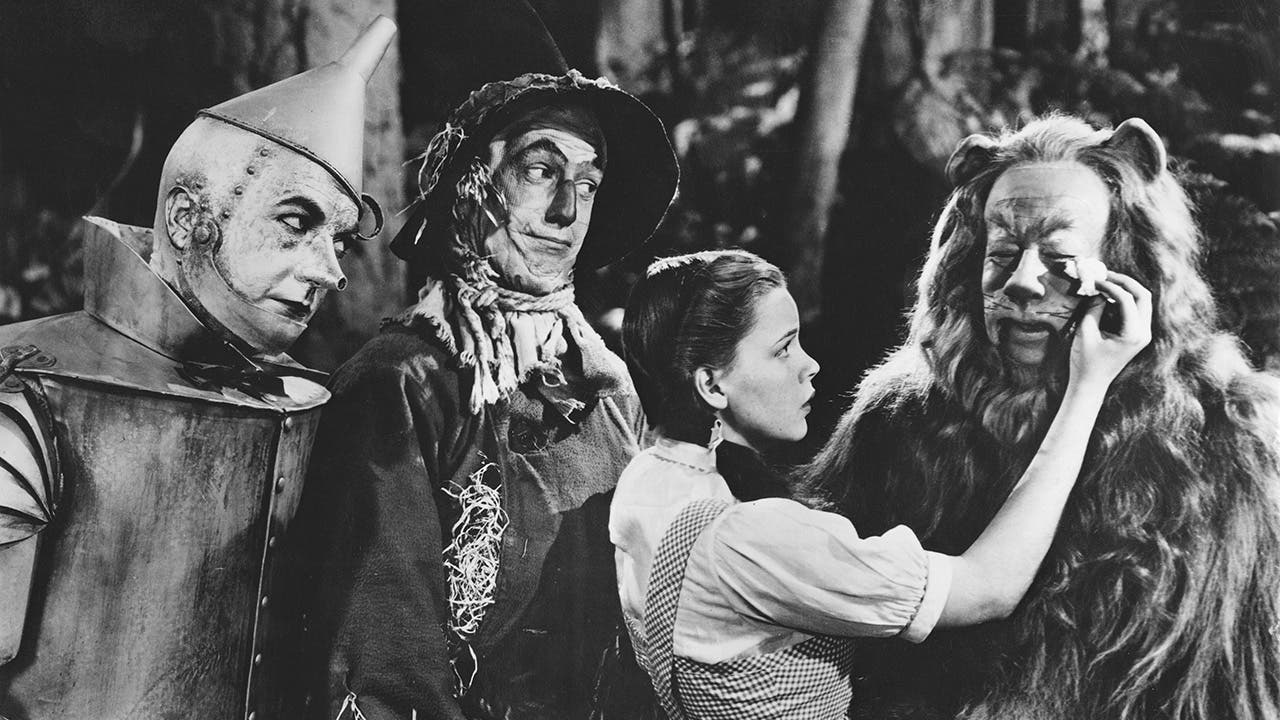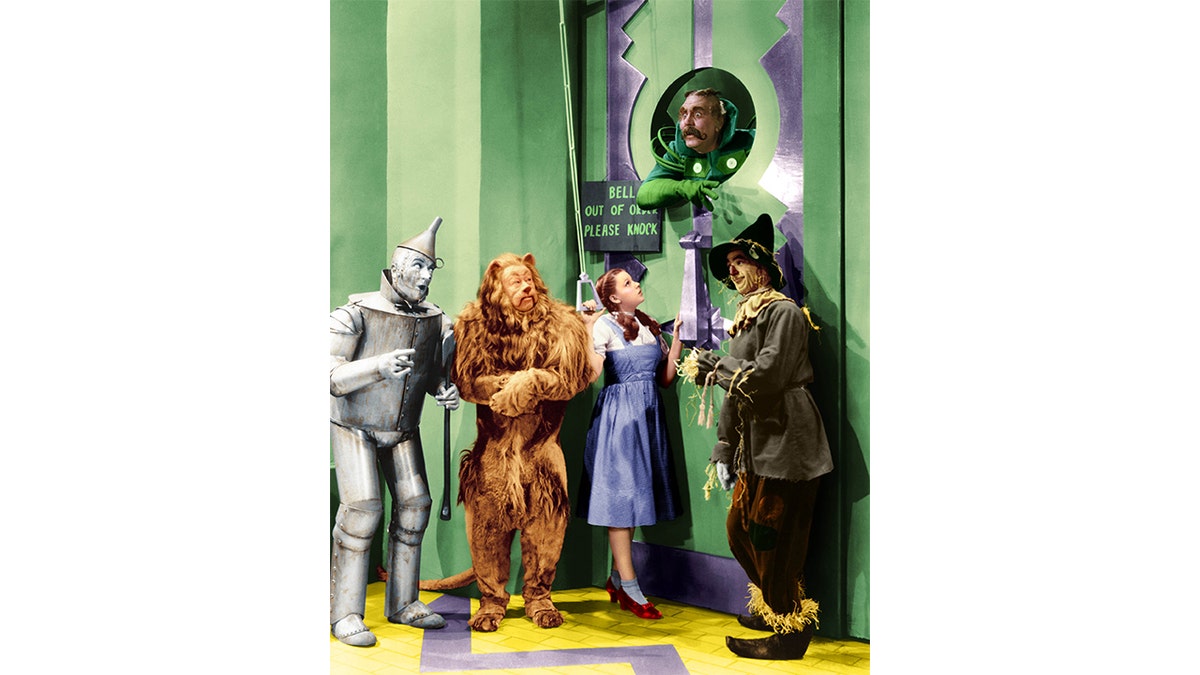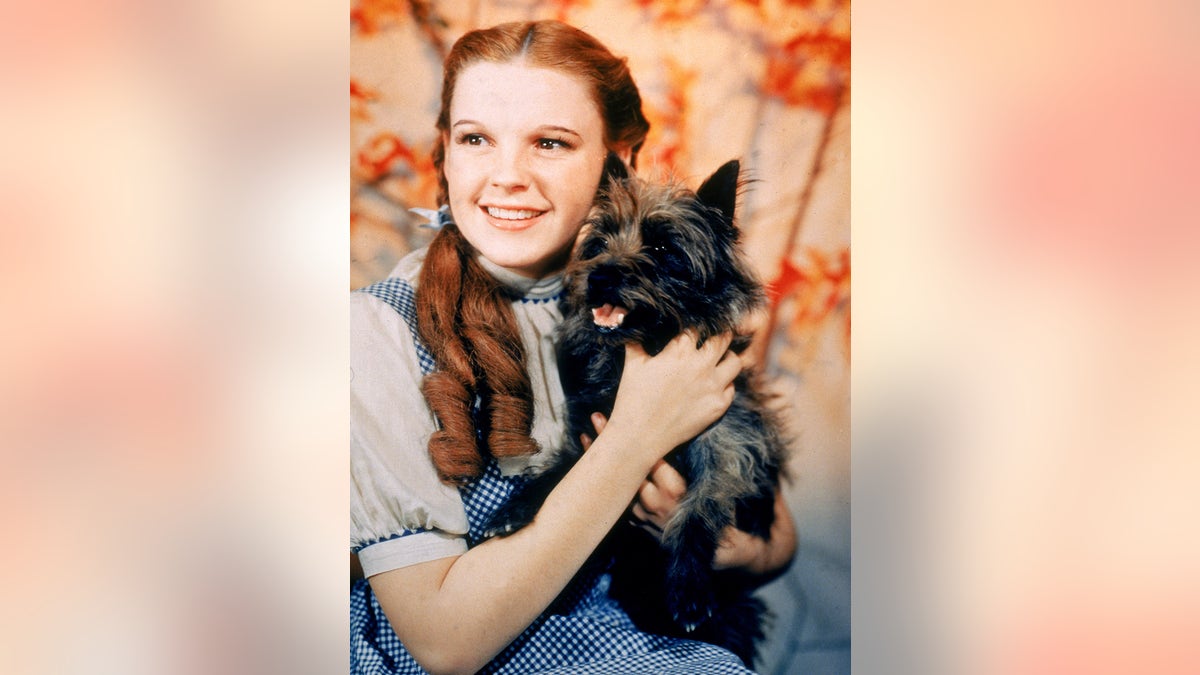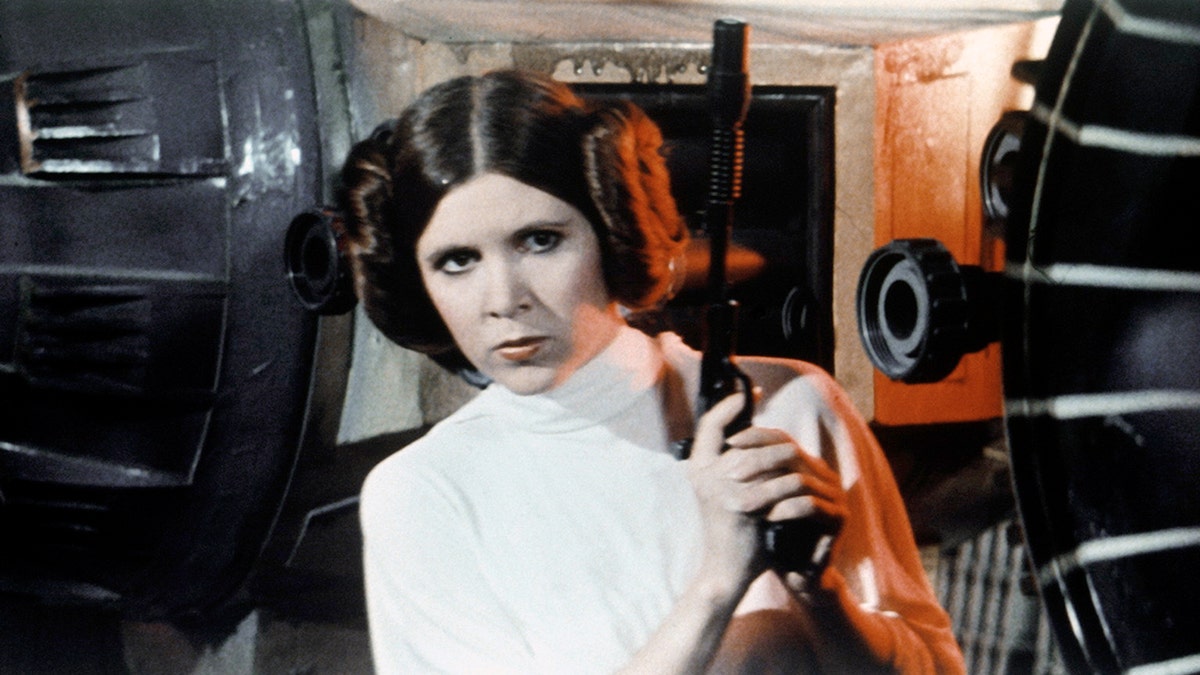
The use of artifical intelligence to reimagine the classic film “The Wizard of Oz” will likely see mixed reactions from fans, experts told Fox News Digital.
While “film purists” may resist the idea of using generative AI to give classic films an entire makeover, the technology could “breathe new life” into hit movies — including “The Wizard of Oz.”
Warner Bros. Discovery, Google Cloud and Magnopus have set out to do just that by creating an immersive experience for fans of the 1939 classic. The new “Wizard of Oz” experience is set to premiere at the Las Vegas Sphere on Aug. 28.
“The fan reaction will likely split into two distinct camps,” Michael Walker, CEO of AI-First at Trilogy, told Fox News Digital. “Film purists will object — and they have valid concerns about artistic integrity. The original work represents specific creative choices by directors, cinematographers and set designers who worked within the constraints of their era. Expanding and reimagining with AI creates something fundamentally different from their vision.”
‘BATTLESTAR GALACTICA’ STAR SAYS SHOW’S AI WARNINGS MORE TIMELY AS SCI-FI FANTASIES COME TO LIFE

Multiple tech companies have teamed up to transform the classic “Wizard of Oz” film into a modern movie using artificial intelligence. (Getty Images)
“On the other hand, this represents an exciting new way to connect classic films with audiences who increasingly expect immersive experiences,” he explained. “The technology could breathe new life into works that might otherwise fade from cultural relevance.”
“The Wizard of Oz” was originally shot in four-by-three images on a 35mm film, but had to be transformed to fit the Las Vegas Sphere’s 160,000-square-foot screen.
The LED screen at Las Vegas Sphere wraps over and behind the audience — creating a problem when trying to transform the original film of the classic feature.
WHAT IS ARTIFICIAL INTELLIGENCE (AI)?
“Using versions of Veo, Imagen and Gemini specially tuned for the task, the Google teams and their partners developed an AI-based ‘super resolution’ tool to turn those tiny celluloid frames from 1939 into ultra-ultra-high definition imagery that will pop inside Sphere,” according to a Google blog explaining the technology. “Then, the teams perform AI outpainting, to expand the scope of scenes to both fill the space and fill in the gaps created by camera cuts and framing limitations. Finally, through performance generation, they’re incorporating composites of those famed performances into the expanded environments. Together, these techniques help achieve the natural gestures, staging and fine details that conventional CGI struggles to match.”
Jim Dolan, executive chairman and CEO of Sphere Entertainment, said: “When you have innovation like this, you don’t always know where it’s going to go. You have to be able to take a leap of faith. What you’re going to see in ‘The Wizard of Oz at Sphere’ is clearly a leap of faith.”
LIKE WHAT YOU’RE READING? CLICK HERE FOR MORE ENTERTAINMENT NEWS

“The Wizard of Oz at Sphere” is set to premiere on Aug. 28. (Moviestore/Shutterstock)
Fans’ reactions to this leap of faith will “span the spectrum,” Boon Chew, founder of CentaurLab.AI, told Fox News Digital: “Some will be excited, others resistant. Predicting the majority reaction is tough, and in any case, popular opinion doesn’t determine whether something is right or meaningful. Innovation isn’t a democracy — it’s a process of exploration.”
“What truly matters is the outcome,” Chew explained. “If a reimagined classic resonates, its value will speak for itself. Dismissing it without seeing the result is less about merit and more about discomfort with change. A classic doesn’t stop being a classic because it’s expressed in a new way. In fact, the heart of a classic is its ability to endure, evolve, and inspire across generations. Some may say reimagining beloved films with AI is gimmicky or disrespectful. My take? Don’t engage with the remake if it’s not your thing — but let others explore and create. The only real line we shouldn’t cross is legal or ethical: copyright, attribution and transparency.”
He continued: “From an evolutionary standpoint, nothing should be frozen in time. Reimagining classics with generative AI opens up new doors — for education, storytelling and accessibility.”

“The Wizard of Oz” (1939) starred Jack Haley as the Tin Man, Bert Lahr as the Cowardly Lion, Judy Garland as Dorothy, Ray Bolger as the Scarecrow and Frank Morgan as the Doorman to the Emerald City. (Silver Screen Collection/Hulton Archive/Getty Images)
CLICK HERE TO SIGN UP FOR THE ENTERTAINMENT NEWSLETTER
The AI makeover of “The Wizard of Oz” represents a “fascinating evolution in how we preserve and reimagine cultural touchstones.”
“What’s happening with ‘Wizard of Oz at Sphere’ is a total transformation of the viewing experience, extending beyond the original frame and creating new visual content where none existed,” Chew explained.
The artificial-intelligence company founder claimed creative intent and transparency matter the most in this new age of film technology.
“Is this presented as a new interpretation rather than a replacement? Does it respect the spirit of the original while creating something new? The most successful AI reimaginings will be those that honor their source material while being honest about the transformative nature of the experience,” according to Chew.
“What’s happening with ‘Wizard of Oz at Sphere’ is a total transformation of the viewing experience, extending beyond the original frame and creating new visual content where none existed.”

AI will allow filmmakers to reimagine “The Wizard of Oz” on the new-age movie screen at the Las Vegas Sphere. (Getty Images)
CLICK HERE TO GET THE FOX NEWS APP
Classic films with “strong visual signatures” would be good candidates for an AI remake, Walker told Fox News Digital. Those movies include “2001: A Space Odyssey” or “Lawrence of Arabia.”
Other films that could benefit from the AI transformation would be silent features, black-and-white movies and additional modern classics.
“AI voice cloning can give voice to silent stars, while deep learning can restore or reconstruct missing footage,” Chew noted. “Purists may resist — but the broader public could find it mesmerizing.” For black-and-white movies, “AI can colorize scenes, remaster audio, and enhance clarity — offering a fresh experience while preserving the soul of the original.”

“Star Wars” films could be a good candidate for AI transformation, experts told Fox News Digital. (Sunset Boulevard/Corbis via Getty Images)
Franchises such as “Star Wars” or “Blade Runner,” which are already familiar with reworks, could also be good options.
“AI can elevate visual effects, seamlessly insert characters, or clone iconic voices like Darth Vader’s,” the AI expert said. “Older fans may stick with the originals, but new generations might prefer these high-tech renditions.”



